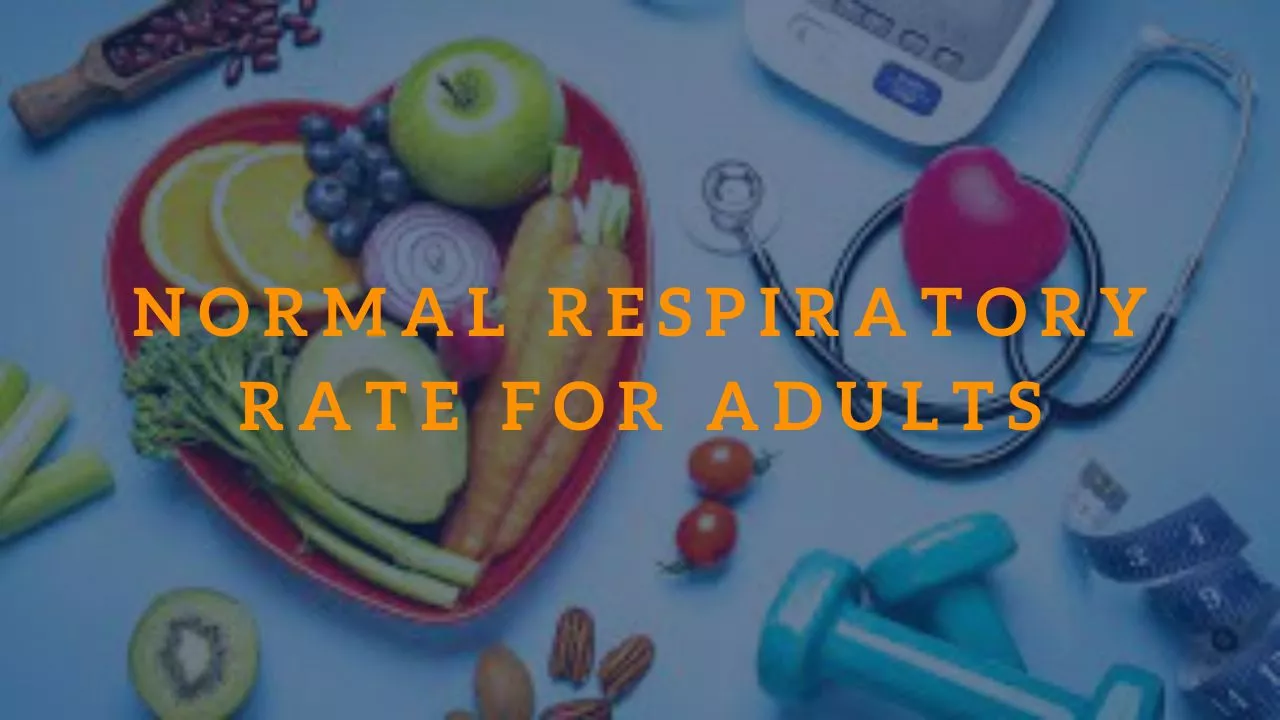Hello 1-GSM Visitors! As adults, we often take for granted the act of breathing, but did you know that our respiratory rate can indicate certain health conditions? In this article, we will explore what a normal respiratory rate is for adults and what factors can affect it.

What is Respiratory Rate?
Respiratory rate is the number of breaths a person takes per minute. This is an important vital sign that healthcare professionals use to assess a patient’s overall health status. A person’s respiratory rate can vary depending on their age, physical activity, and health status.
What is a Normal Respiratory Rate for Adults?
The normal respiratory rate for adults is typically between 12-20 breaths per minute. However, this can vary depending on factors such as age, sex, weight, and overall health status. For example, athletes may have a lower respiratory rate due to their increased lung capacity and cardiovascular fitness.
Factors That Can Affect Respiratory Rate
There are several factors that can affect a person’s respiratory rate. These include:
- Age: Infants and children have a higher respiratory rate than adults.
- Physical activity: Exercise and physical activity can increase respiratory rate.
- Stress and anxiety: Emotional stress and anxiety can increase respiratory rate.
- Fever: A fever can cause an increase in respiratory rate.
- Health conditions: Certain health conditions such as asthma, chronic obstructive pulmonary disease (COPD), and pneumonia can affect respiratory rate.
How to Measure Respiratory Rate
Respiratory rate can be measured by counting the number of breaths a person takes in one minute. This can be done by observing the rise and fall of the chest or by using a stethoscope to listen to the breath sounds. It is important to measure respiratory rate when a person is at rest and not during physical activity or after a meal.
When to Seek Medical Attention
If you notice a significant increase or decrease in your respiratory rate, it is important to seek medical attention. This could be a sign of an underlying health condition or illness. Other symptoms to look out for include shortness of breath, chest pain, coughing, or wheezing.
Conclusion
In conclusion, the normal respiratory rate for adults is typically between 12-20 breaths per minute. However, this can vary depending on factors such as age, physical activity, and health status. It is important to monitor your respiratory rate and seek medical attention if you notice any significant changes or symptoms. Take care of your respiratory system, and it will take care of you!
See You Again at Our Other Interesting Articles
